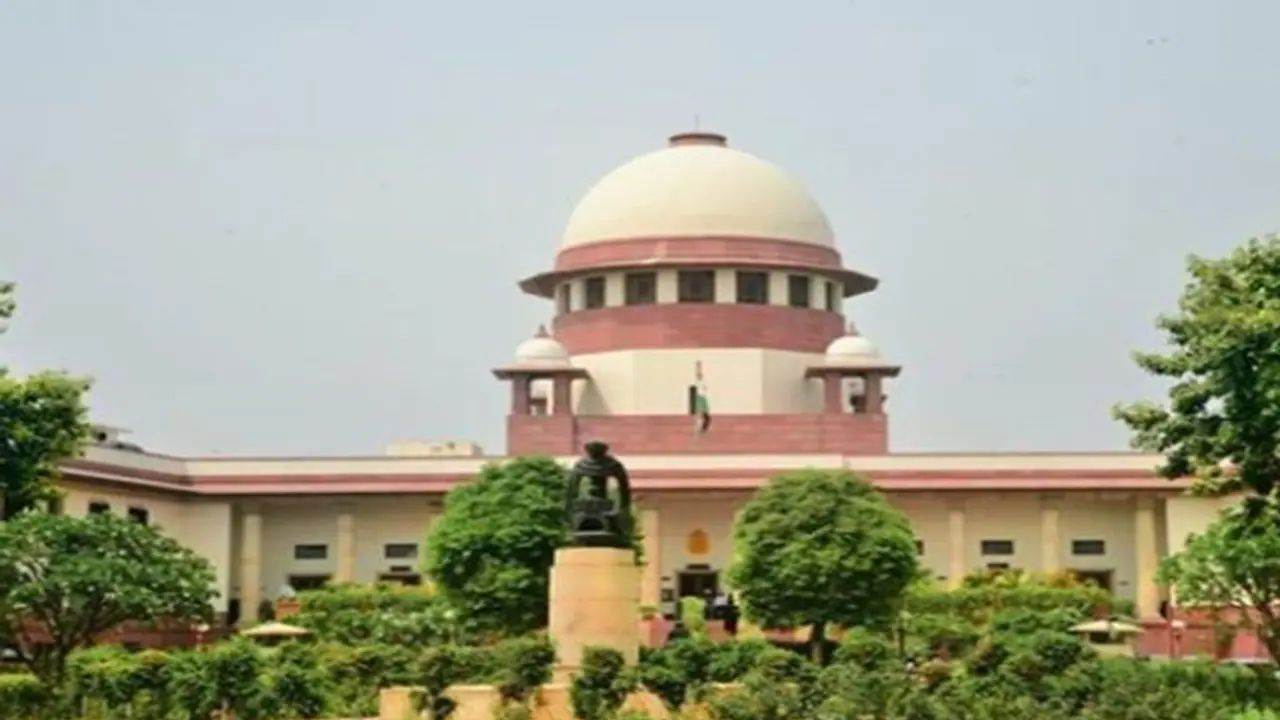Gandhi has lodged a special petition challenging the Gujarat High Court's decision to deny a stay on his conviction in the criminal defamation case related to the 'Modi-thieves' comment, which ultimately led to his disqualification as an elected Member of Parliament
The Supreme Court on Tuesday (July 18) granted the request to list Congress leader Rahul Gandhi's petition on July 21. The petition, filed by the Congress leader, seeks a stay of his conviction in a criminal defamation case stemming from his 'Modi-thieves' remark, which led to his disqualification as a Member of Parliament.

Senior Advocate Dr. Abhishek Manu Singhvi highlighted Gandhi's petition to Chief Justice of India (CJI) DY Chandrachud, emphasizing the need for urgent listing. Responding to the plea, the CJI agreed to list the petition on Friday.
'We have lost a humble and dedicated leader...' PM Modi mourns Oommen Chandy's demise
Gandhi has lodged a special petition challenging the Gujarat High Court's decision to deny a stay on his conviction in the criminal defamation case related to the 'Modi-thieves' comment, which ultimately led to his disqualification as an elected Member of Parliament.
On March 23, 2023, Rahul Gandhi was convicted and handed a two-year prison sentence by the Court of Chief Judicial Magistrate in Surat. Consequently, he was disqualified as a member of the Lok Sabha. However, his sentence was immediately suspended, and he was granted bail on the same day, allowing him the opportunity to file an appeal against his conviction within a 30-day period.
Subsequently, on April 3, Gandhi approached the Surat Sessions Court, challenging his conviction and also requesting a stay on the verdict. However, on April 20, his plea for a stay on the conviction was denied. Nevertheless, the Surat Sessions Court granted bail to Gandhi on April 3, allowing him to remain free until the disposal of his appeal.
The Gujarat High Court, while rejecting Gandhi's revision plea, emphasized that the case against him pertains to a significant and identifiable community (Modi Community) rather than an individual alone.
Noting Gandhi's position as a senior leader of the oldest political party in India and a prominent figure in the Indian political arena, the Court highlighted his responsibility to safeguard the dignity and reputation of numerous individuals or any identifiable community.
The Court emphasized that it is essential for Gandhi to ensure that his political activities or statements do not jeopardize the reputation and standing of a large number of people or any specific group.
